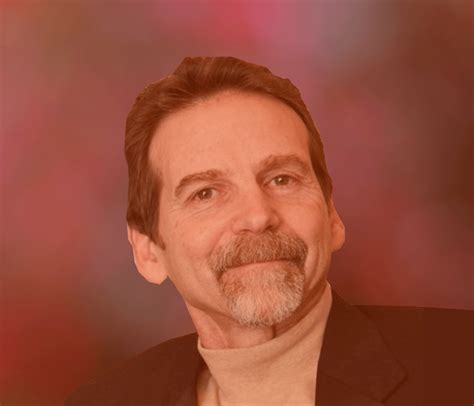A Quote by F. Sionil Jose
We read because they teach us about people, we can see ourselves in them,in their problems.And by seeing ourselves in them, we clarify ourselves, we explain ourselves to ourselves, so we can live with ourselves.
Related Quotes
It is difficult to see ourselves as we are. Sometimes we are fortunate enough to have good friends, lovers or others who will do us the good service of telling us the truth about ourselves. When we don't, we can so easily delude ourselves, lose a sense of truth about ourselves, and our conscience loses power and purpose. Mostly, we tell ourselves what we would like to hear. We lose our way.
We need to remember to teach our children that solitude can be a much-to-be-desired condition. Not only is it acceptable to be alone; at times it is positively to be wished for.....In the silence we listen to ourselves. Then we ask questions of ourselves. We describe ourselves to ourselves, and in the quietude we may even hear the voice of God.
The lives of most people are small tight pallid and sad, more to be mourned than their deaths. We starve at the banquet: We cannot see that there is a banquet because seeing the banquet requires that we see also ourselves sitting there starving-seeing ourselves clearly, even for a moment, is shattering. We are not dead but asleep, dreaming of ourselves.
But how can we love someone if we don't like him? Easy-we do it to ourselves all the time. We don't always have tender, comfortable feelings about ourselves; sometimes we feel foolish, stupid, asinine, or wicked. But we always love ourselves: we always seek our own good. Indeed, we feel dislike toward ourselves, we berate ourselves, precisely because we love ourselves; because we care about our good, we are impatient with our bad.
We all have different desires and needs, but if we don't discover what we want from ourselves and what we stand for, we will live passively and unfulfilled. Sooner or later, we are all asked to compromise ourselves and the things we care about. We define ourselves by our actions. With each decision, we tell ourselves and the world who we are. Think about what you want out of this life, and recognize that there are many kinds of success.
How do we define, how do we describe, how do we explain and/or understand ourselves? What sort of creatures do we take ourselves to be? What are we? Who are we? Why are we? How do we come to be what or who we are or take ourselves to be? How do we give an account of ourselves? How do we account for ourselves, our actions, interactions, transactions (praxis), our biologic processes? Our specific human existence?
Awe is not a very comfortable standpoint for many people... Hence, all about us today, we see avoidance of awe-by burying ourselves in materialist science, for example or in absolutist religious positions; or by locking ourselves into systems, whether corporate, familial, or consumerist; or by stupefying ourselves with drugs.






































